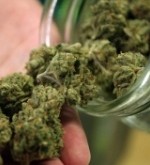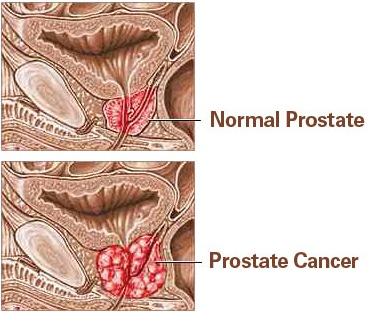- Joined
- Sep 17, 2013
- Messages
- 12,697
- Reputation
- 500
- Reaction score
- 35,401
- Points
- 0
- Age
- 54
- Website
- www.autoflower.net
- Currently Smoking
- yes
yeah man,I bet that works really sweet for ya dude.NO problem man.I do this for myself too.ya know to just understand why I hurt the way i do and not go frigin crazy cuz of ringing in my ears,eye issues n the nerve stuff is awesome too.LOL!Im really glad it helps you too brother.pain is pain but thats what makes MS a lil bit apart from other heavy diseases,is the nerve issues and they love to change up on ya.thats what I hate.if it was to stay in one area or two,nooo worries,but nooooo,couldnt have that LMFAO!!!"AFN smoke out""AFN smoke out"



